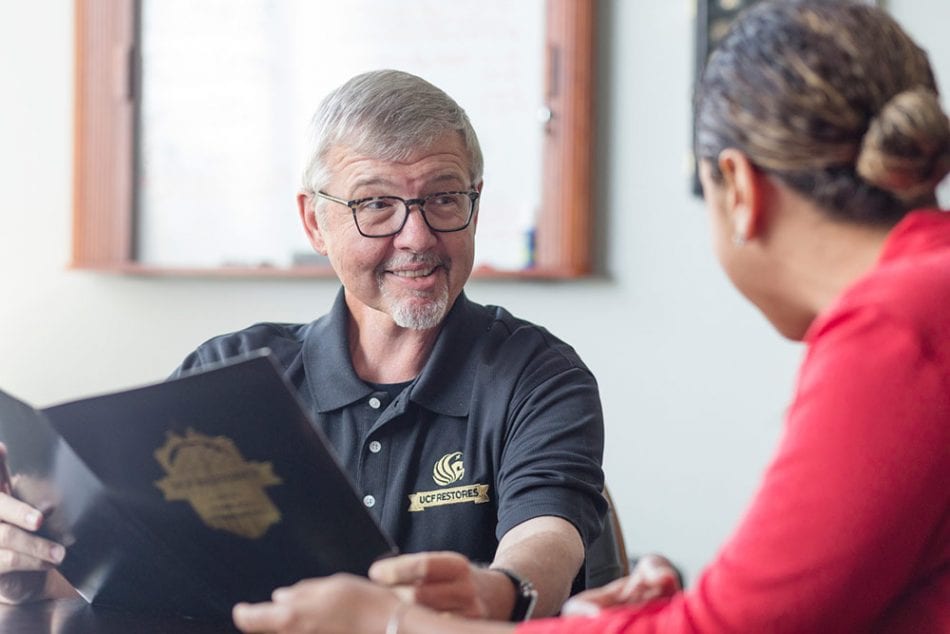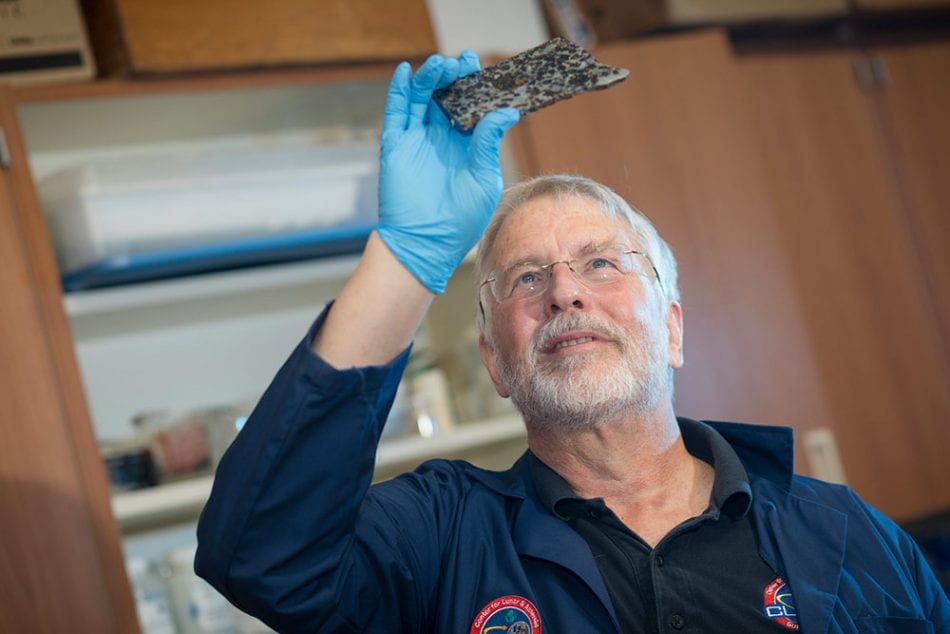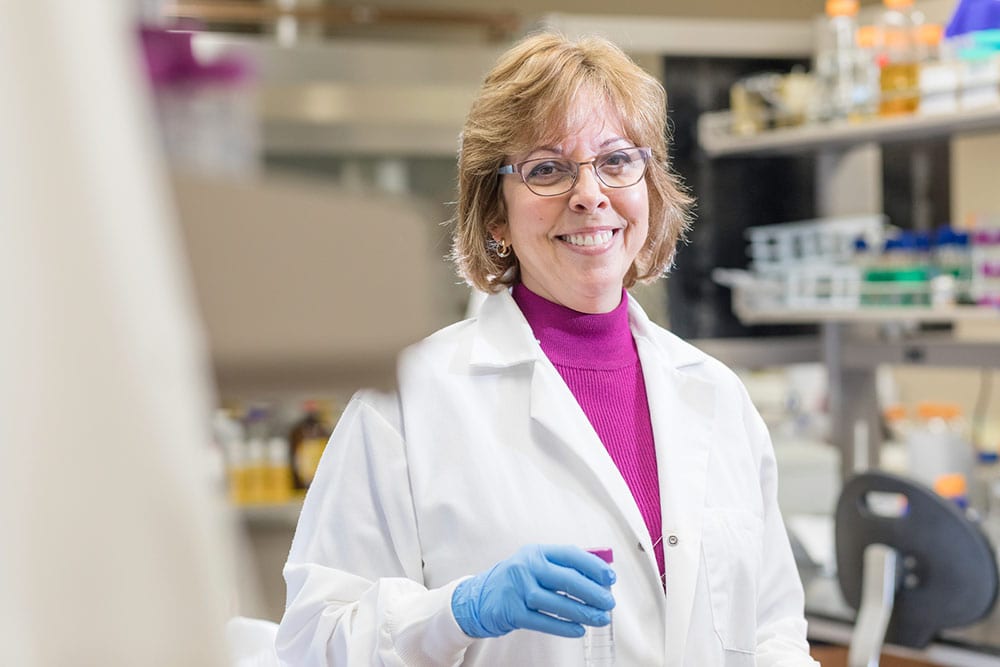Congratulations, 2018 Pegasus Professors!
UCF’s annual Founders’ Day Honors Convocation celebrates outstanding achievements of the university’s faculty members, staff and students.
Among the recognitions this year are five Pegasus Professors, three from the College of Sciences. View a full list of Founders’ Day Honors Convocation honorees.
The Pegasus Professor Award is the highest academic honor an educator can receive at UCF and rewards highly successful teaching, research and creative activity, and service accomplished by senior members of the university faculty. Recipients must have worked at the university at least five years and have conducted research or developed programs that have made national and international impact.
These awards are determined by the president and come with a $5,000 stipend and a $5,000 research grant. To reach the height of Pegasus, one must be exceptional in every area – teaching, research and service. These three faculty members embody excellence in every sense of the word.

Professor of Clinical Psychology
Bowers jokes a lot more than you might think a clinical psychologist would. “You should just give this award to my students,” he says, laughing and gesturing to a group of graduate students, “they’re the ones who do all the work, I just tell them what they’re doing wrong.” Joking isn’t the only thing that sets Bowers apart from other clinical psychologists. He occupies a space in psychological research that is unique – skilled in training science, cutting-edge technology and psychological disorders. At UCF RESTORES, he pairs emerging technologies with established practices to enhance prevention, intervention, treatment and resiliency efforts. “If you were in a war and drove over an IED, you come back home terrified to drive,” he explains. “We immerse you in your greatest fear in a safe environment.” Because of his Navy background, Bowers knew that military and first responders are more likely to seek help from peers, rather than professionals. He created a peer-support training program that has helped more than 600 first responders, including those from the Pulse nightclub, Las Vegas and Parkland shootings.

Professor of Planetary Science
Britt has an asteroid named after him – Asteroid 4395 “Danbritt” – in recognition of his contributions to asteroid research science. Every NASA Mars lander since 1997 has included imaging calibration targets developed by him. And Britt, a professor of astronomy, is a co-investigator on NASA’s Lucy, New Horizons, Mars Pathfinder and Deep Space One missions. So how did he get his start in planetary and asteroid exploration? Graduating with degrees in economics. “I went to school for economics and worked in the aerospace industry,” Britt says. “I wanted to work on NASA missions, and to do that, I needed to go back to school.” So he earned his Ph.D. in geology. Today, Britt is the director of the NASA Center for Lunar and Asteroid Surface Science at UCF, and with his colleagues, is helping establish UCF as a national leader in planetary sciences. The center is one of nine virtual institutes NASA funds to focus on space science and human space exploration.
“The work is always challenging and interesting and it’s making valuable contributions to our society, plus it’s a worldwide adventure.”

Department Chair and Professor of Chemistry
Yestrebsky is no stranger to outdoor life. “I grew up climbing trees and playing in the mud,” she says. “My dad was in construction and helped build UCF, so I’ve always had a connection here, too.” Yestrebsky began taking classes at Valencia and transferred to UCF. She didn’t consider graduate school until a professor suggested it. But after that pep talk, she never looked back. Today, she has combined her passions for chemistry and the environment to make a real-world impact.
Her research has helped eight countries safely clean their water with a substance she and her laboratory research group created that is injected into aquifers. Her research has also impacted the construction industry through a paste you can apply to walls to draw toxic chemicals out of concrete, brick and other construction materials and then wipe off once the chemicals have been removed.
“Being able to use chemistry to help humanity is really what gives me a charge and makes me passionate. I’m an application-based researcher, I want to know how we can make life better for the people living in it today.”
